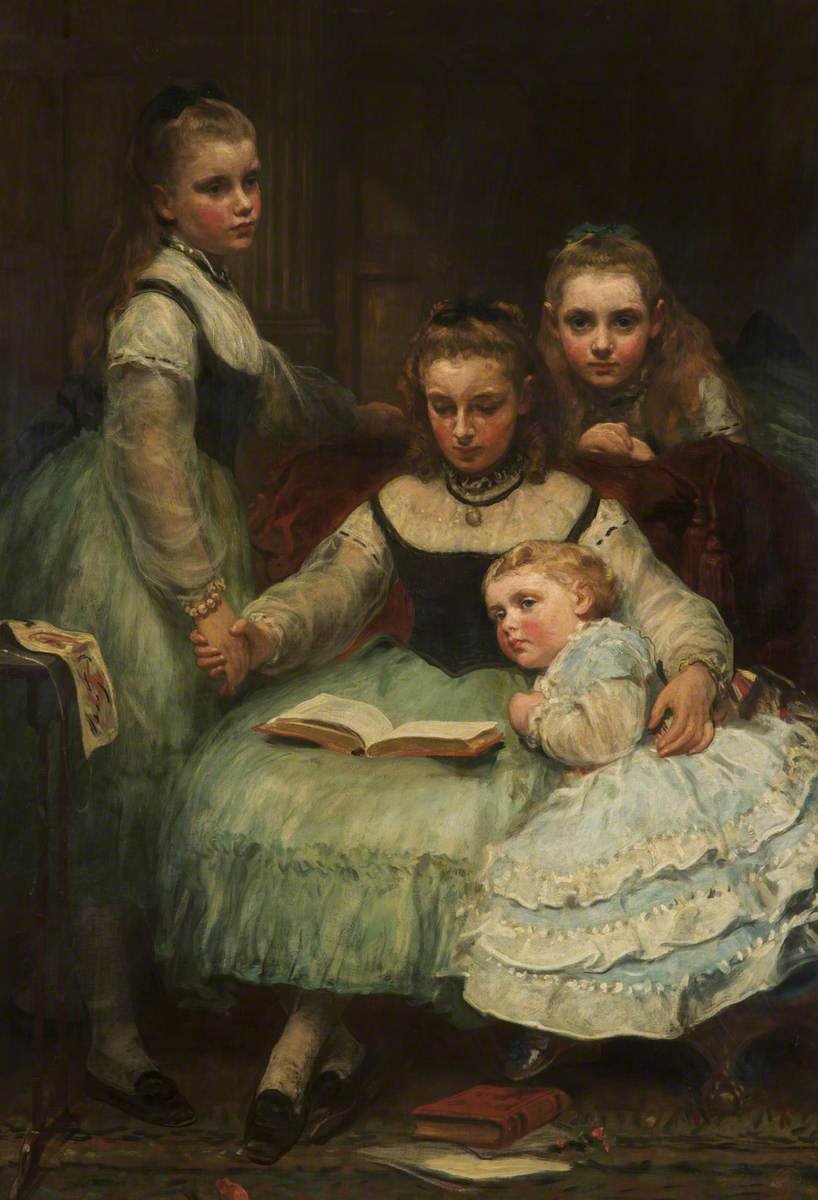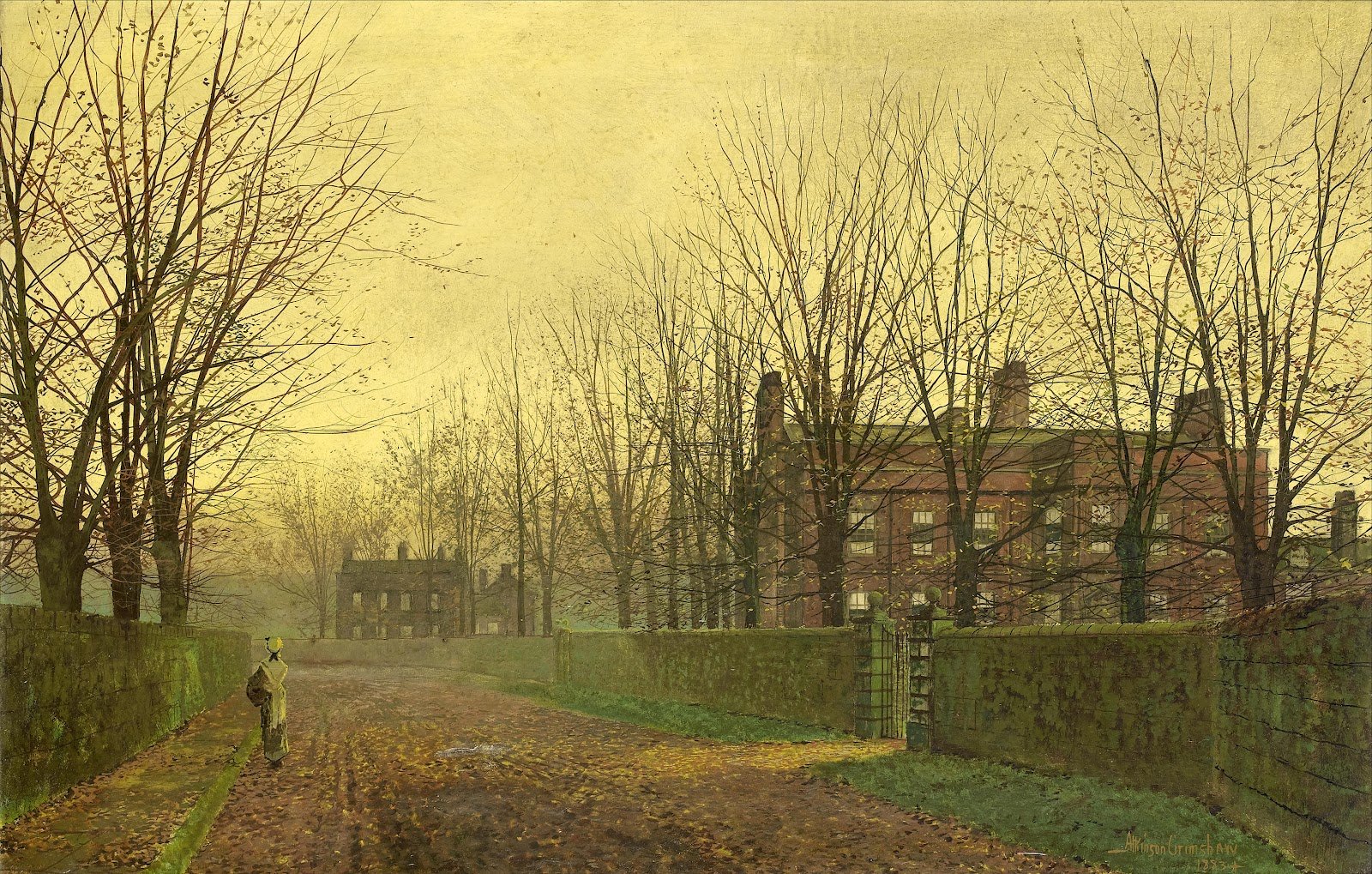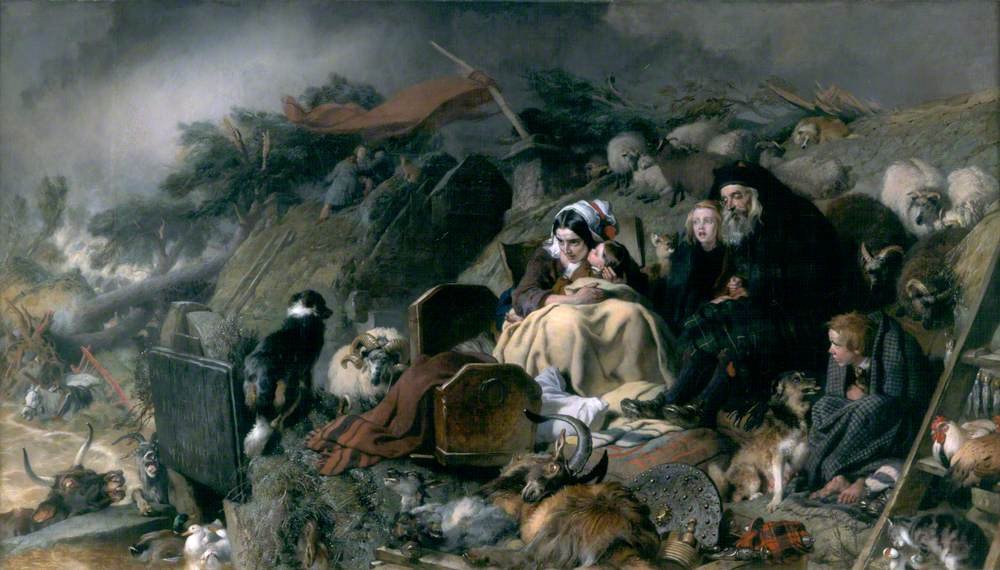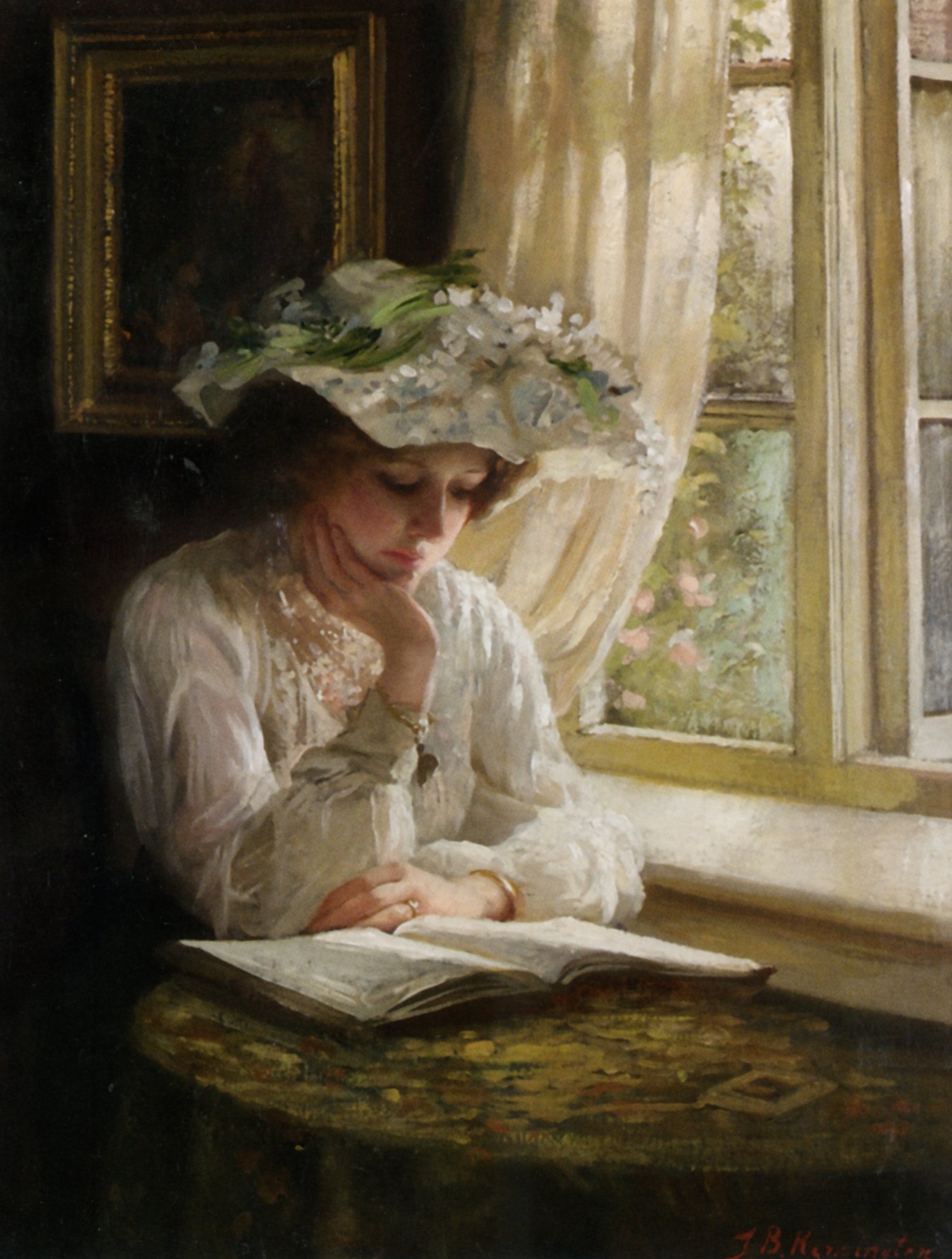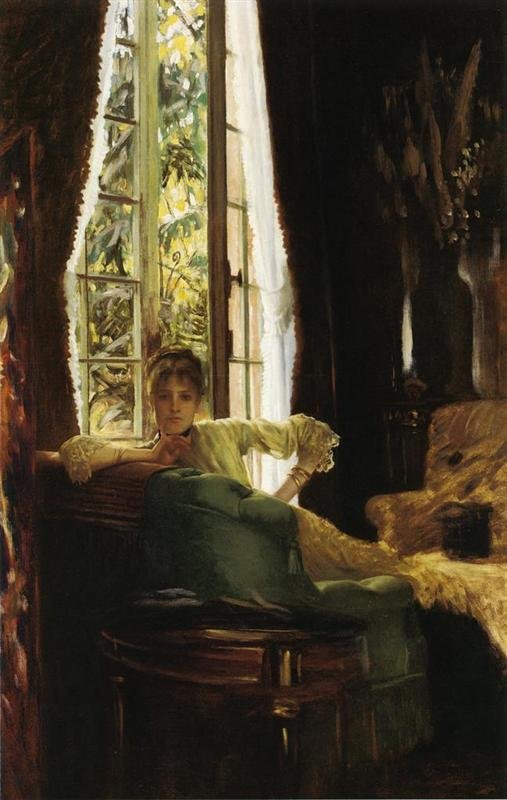In an old-fashioned Suffolk town, c.1820, as social and religious habits change, an aristocratic family is troubled by a dark secret.
John Cordy Jeaffreson (1831-1901) wrote, in addition to much nonfiction, fourteen novels between 1854 and 1890. An over-attention to historical and regional setting and a surplus of morality and sentiment are redeemed here by some well-defined characters and a good plot.
“The story is interesting throughout; the characters stand well on their feet, and are real human beings marked with individual character.” Athenaeum, March 28, 1863
It is “a good, sound novel. It may not be vividly interesting; but it is clever, truthful, and observant.” Literary Times, April 28, 1863
A (somewhat) contrasting view:
Though “told in a manner which . . . it would be easy to criticize, . . . still it succeeds . . . in exciting the interest . . . and some of the characters are drawn with no little delicacy and discrimination. Still the book is, in its general effect, a provoking one, for it might so easily have been made much better than it is. The simple process of leaving out altogether about two-thirds of the first volume would have wrought wonderful improvement in the novel. Not only is the first part of the story drawn out to an extent which is at once extremely wearisome and entirely useless, but Mr. Jeaffreson appears, in the earlier portion of the work, to have not unfrequently forgotten that he was telling a story at all.” Spectator, May 23, 1863
Download this week’s novel:
v.1 https://archive.org/details/liveitdownastor02jeafgoog



